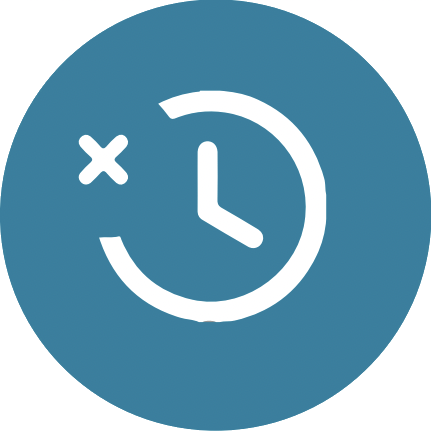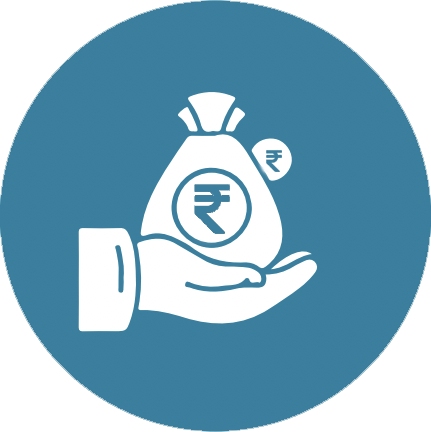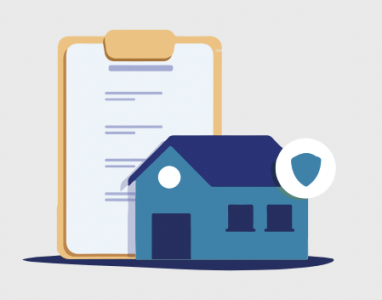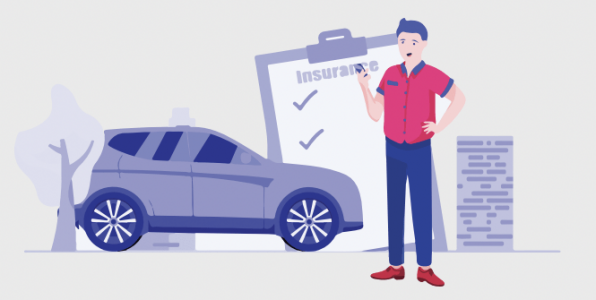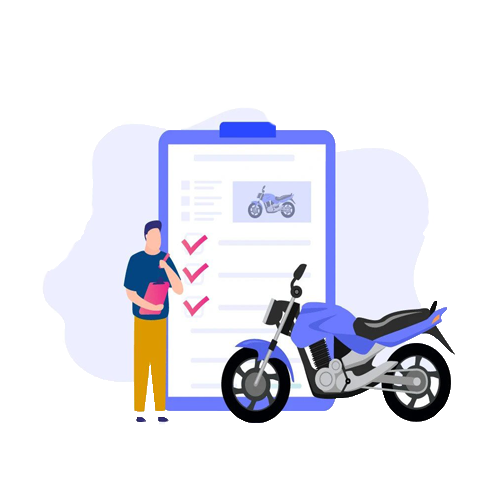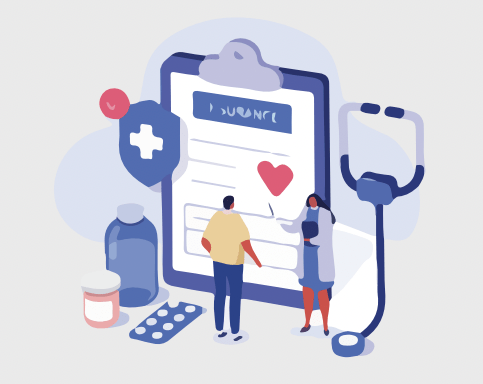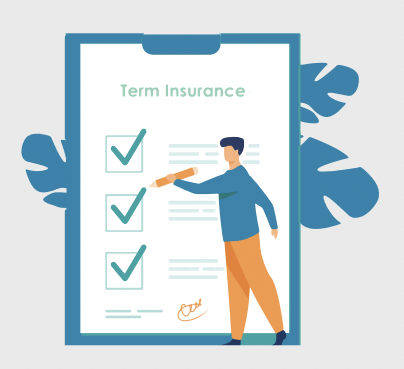Register yourself as a POS

pos@v-resolve.com
+91-6390906060
Type of POS Partner

Strategic Partner
Insurance strengthens our partners’ Customer Value Proposition. There is a high level of underinsurance in India. Our partners work with a vast population that is usually underinsured or uninsured. Our expertise allows us to provide customized offerings based on consumer insights to our partners.
Professional Partner
As a direct insurance broker, we offer a wide range of Life, Non-Life, and Corporate insurance products. For our customers, their vehicle is more than a means of transportation, it is their most prized possession. As a non-life insurance company, we assist our customers from the point of purchase of a insurance policy until the point of claim settlement.


Normal Partner
UNSURE ABOUT THIS AND UNABLE TO FIND RELEVANT INFO
(POS) Eligibility Criteria
According to IRDAI, POS candidates must meet the following requirements:
- You must be 18 years of age.
- You must be a citizen of India and resident of India.
- A certificate of passing the 10th grade is required.
- PAN card, Aadhaar card, photograph and highest qualification certificate.
- The mandatory training program prescribed by IRDAI must be completed. Online testing is also available. After passing the exam, you will receive a lifetime certificate.
Benefits of Joining as POS

